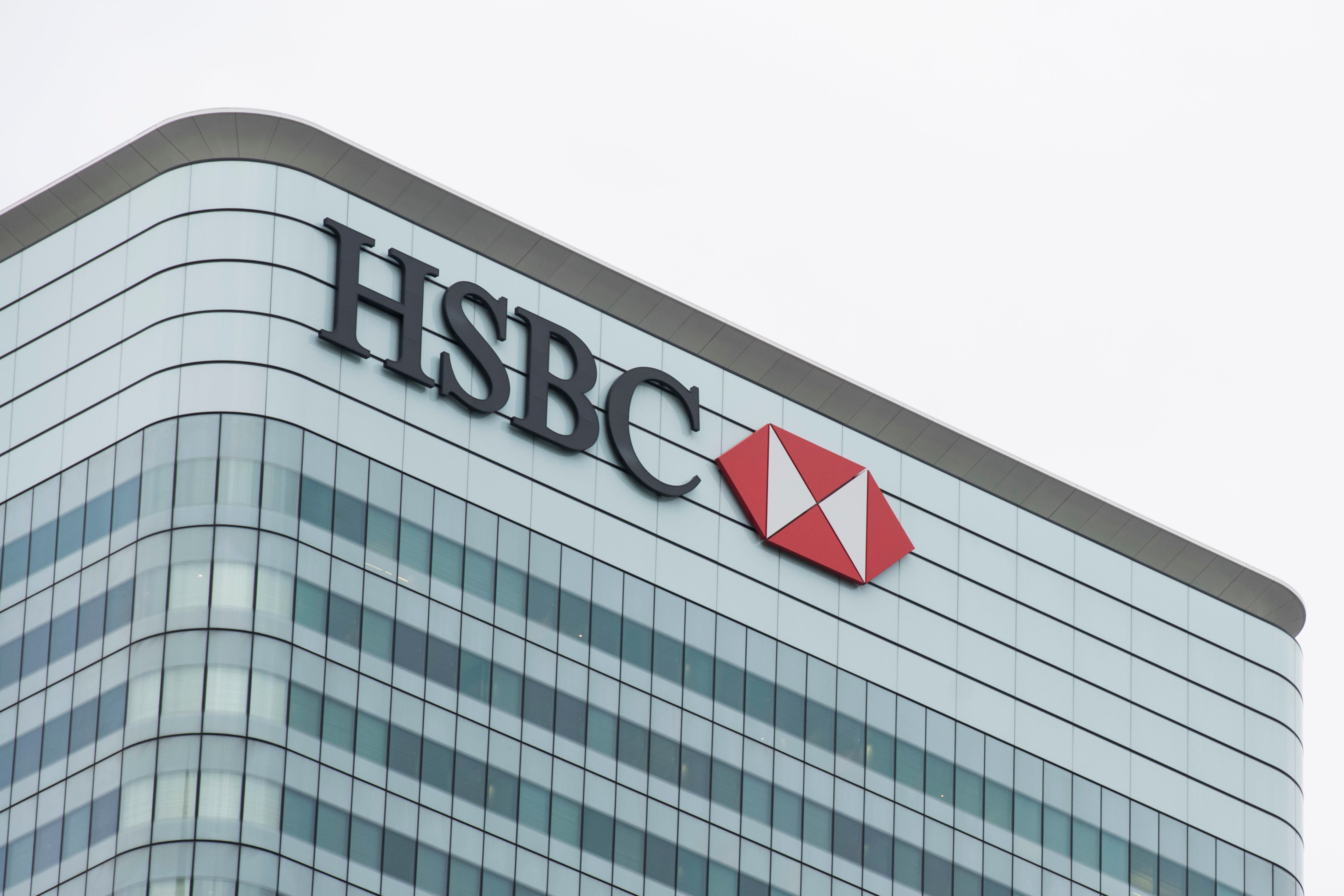HSBC breached money laundering rules in Switzerland, watchdog says
HSBC’s Swiss private bank has been blocked from taking on any high-risk customers until it undertakes a thorough review.

Your support helps us to tell the story
From reproductive rights to climate change to Big Tech, The Independent is on the ground when the story is developing. Whether it's investigating the financials of Elon Musk's pro-Trump PAC or producing our latest documentary, 'The A Word', which shines a light on the American women fighting for reproductive rights, we know how important it is to parse out the facts from the messaging.
At such a critical moment in US history, we need reporters on the ground. Your donation allows us to keep sending journalists to speak to both sides of the story.
The Independent is trusted by Americans across the entire political spectrum. And unlike many other quality news outlets, we choose not to lock Americans out of our reporting and analysis with paywalls. We believe quality journalism should be available to everyone, paid for by those who can afford it.
Your support makes all the difference.HSBC’s Swiss private bank failed to conduct proper checks on 300 million US dollars (£236 million) worth of funds sent between Lebanon and Switzerland during a period of 13 years, a banking regulator has said.
The Swiss Financial Market Supervisory Authority (FINMA) said the global bank “seriously violated” money laundering rules over its relationship with two politically exposed customers.
It has blocked the division from taking on any high-risk customers until it undertakes a thorough review.
HSBC failed to adequately check the origins, purpose or background of assets involved with two high-risk business relationships, FINMA said.
It also insufficiently checked and documented 300 million US dollars (£236 million) worth of high-risk transactions carried out between 2002 and 2015.
These funds, which originated from a government institution, were sent from Lebanon to Switzerland and back to other accounts in Lebanon.
The watchdog did not name the individuals involved in the suspected money laundering.
FINMA said HSBC’s handling of the activity made it “impossible to establish the legitimate nature” of the transactions and “failed to recognise the indications of money laundering” they presented.
It happened through its Swiss private bank which deals with higher-net worth customers.
Politically exposed persons, or PEPs, refer to people who hold public office, or their families, and are subject to extra due diligence by financial firms.
FINMA said the Swiss private bank will not be allowed to enter into any new business relationships with PEPs until it has completed a review of all its current high-risk and politically-exposed clients.
HSBC said the matters raised by FINMA were “historic”, adding: “HSBC takes its anti-money laundering obligations very seriously including complying with all laws and regulations in every market we operate in.”
The bank said it was planning to appeal the decision and so would not be commenting further.